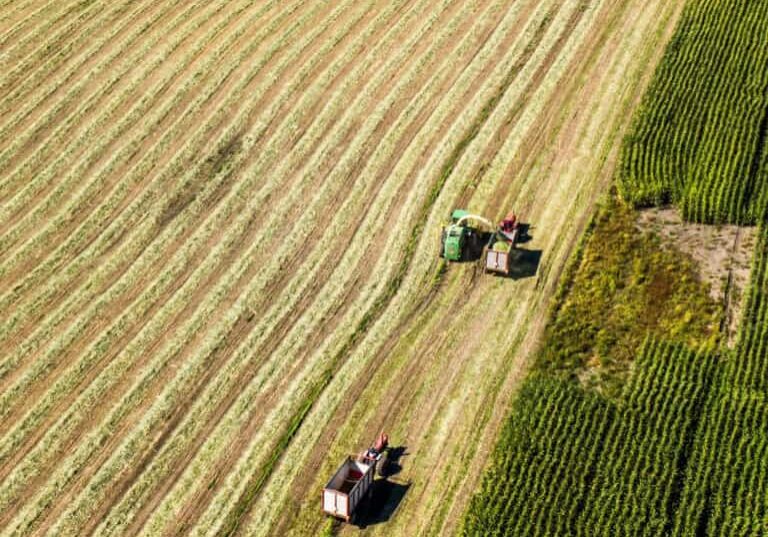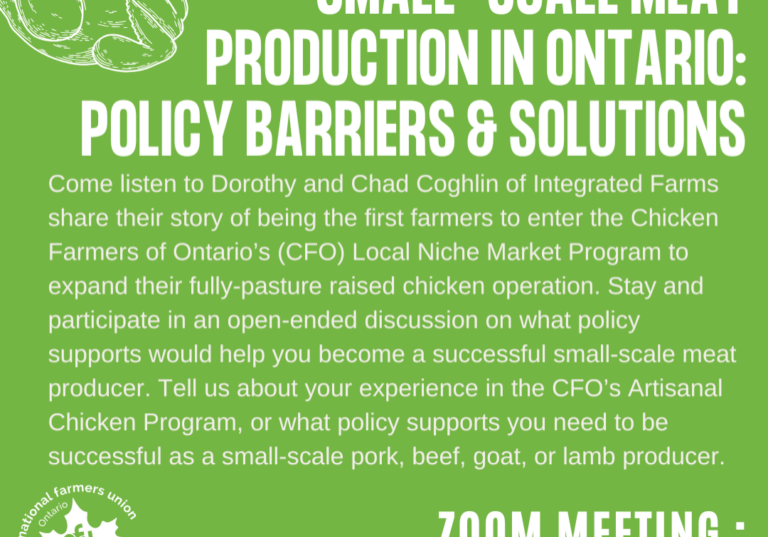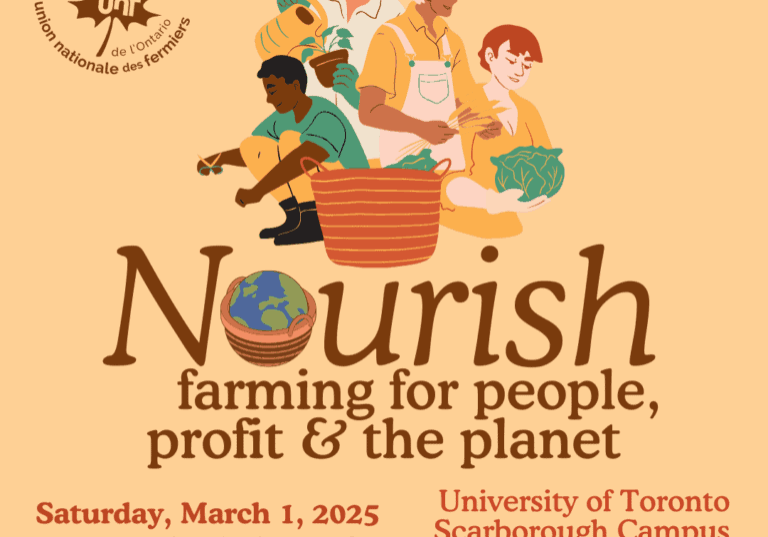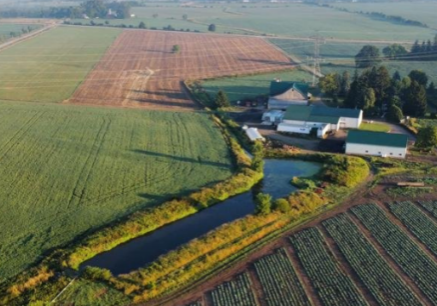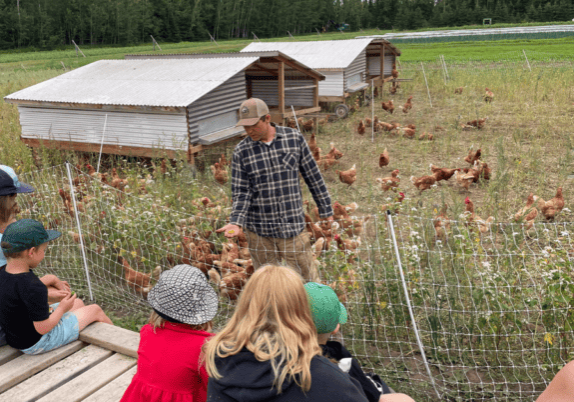A justice-driven virtual farmers’ market
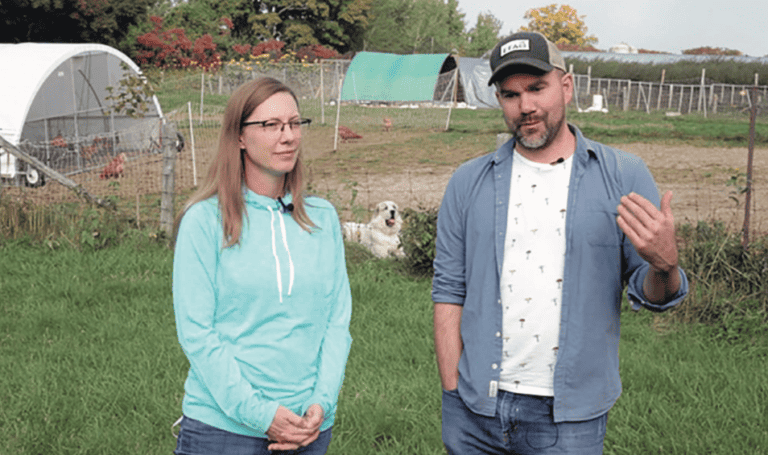
National Farmers Union – Ontario Newsletter
The Rural Voice | December 2020
This article is part of our series profiling our members’ response to the COVID-19 pandemic.
The Green Circle Food Hub started with a “commitment to social and environmental justice,” says founder Dave Kranenburg.
Before COVID-19, Kranenburg, along with partner Emily Tufts, raised pasture-raised fowl, other livestock, and wild-harvest mushrooms destined for restaurants and farmers’ markets in the Greater Toronto Area (GTA). When the pandemic hit, the 70-acre Kendal Hills Farm lost access to 95 per cent of their business; the potential of losing their farm was all too real.
Kranenburg, a member of the National Farmers Union–Ontario, and other farmer friends knew their survival depended on cooperation between farmers and eaters. The Green Circle Food Hub was “rooted in” a vision to benefit farmers, homes, and the environment by offering an on-line distribution and sales model for local growers.
The food hub model allows sustainable farmers who tend to grow a diversity of produce to operate in an “economy of scale.” “I believe that if local, sustainable food can compete on convenience, quality, and customer service we can reach more people,” says Kranenburg.
Offering eaters fresh, seasonal food from over 50 producers and vendors, Green Circle maintains the personal touch of the farmers’ market by encouraging eaters to communicate directly with producers, and many of Green Circle’s eaters are new to the local food movement.
When farmers deliver their produce to Kendal Hills storage facilities, they know their food has already sold. Farmers are the price- setters, selling their product at their determined wholesale price, and Green Circle’ s modest revenue is reinvested in storage at Kendal Hills, transportation costs and a $17 living wage for seven package and delivery staff.
“We are not looking to make a profit,” says Kranenburg. The break- even enterprise allows “farmers to spend time less time on the road, so they can spend more time growing.”
Green Circle also benefits the environment by consolidating distribution from its 50+ suppliers across the GTA to one vehicle.
By the end of October, Green Circle exceeded $1 million in sales. They feed over 600 homes regularly, with another 2,000+ casual eaters.
By not carrying excess inventory, ensuring minimal food waste, and by not squeezing extra profit, the Hub has kept its prices competitive. Kranenburg hopes that Green Circle, by saving farmers labour and distribution costs, will contribute to making healthy food more accessible and affordable.
In 2021, Green Circle plans to include wholesale distribution to restaurants in which producers will be charged a modest delivery fee that will be offset by continued home deliveries.
Kranenburg’s long-term vision includes a network of connected hubs across the province, under the brand virtualfarmersmarket.ca. Green Circle welcomes queries from eaters and producers at info@virtualfarmersmarket.ca.
“Green Circle has the potential to contribute to community food security and social justice,” says Kranenburg. “We build relationships that go beyond financial transactions.”
Click here to view the PDF version.
A subscription to The Rural Voice is one of the benefits of being an NFU-O member
